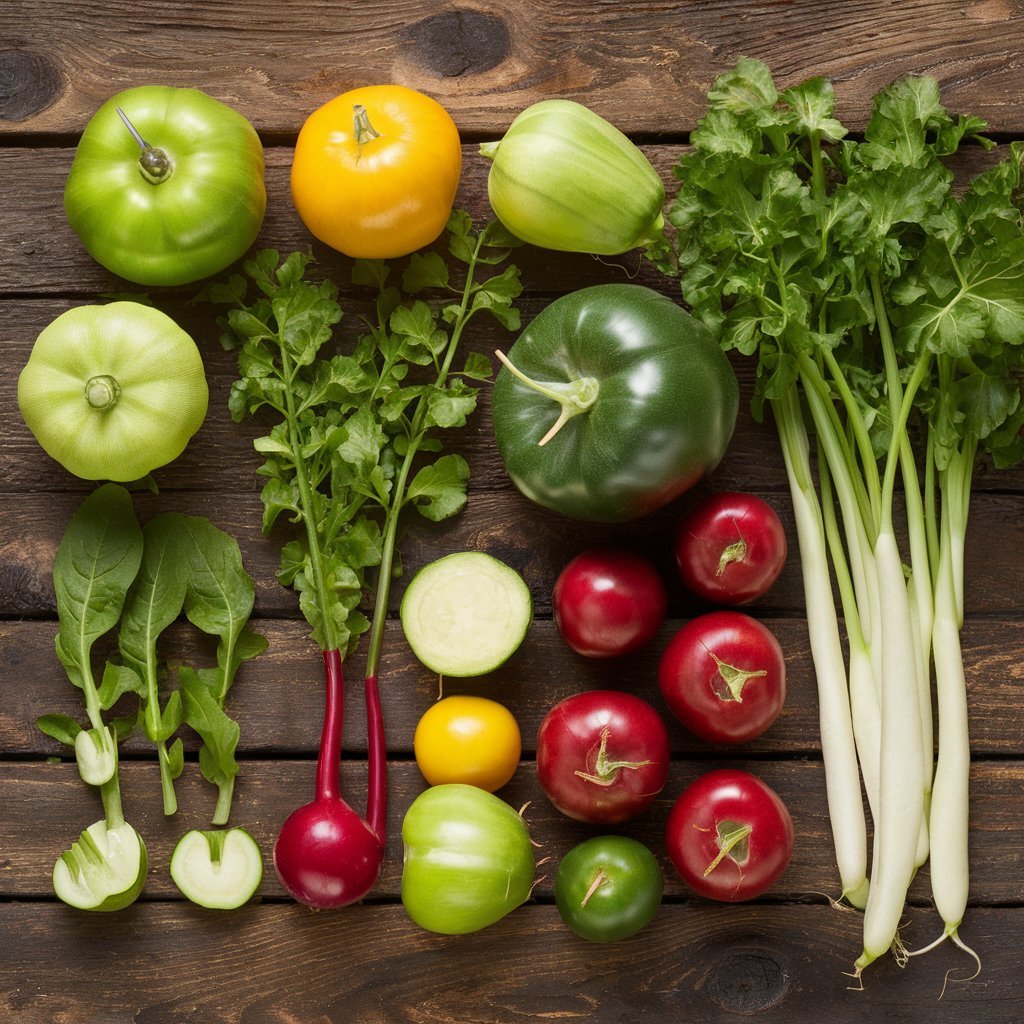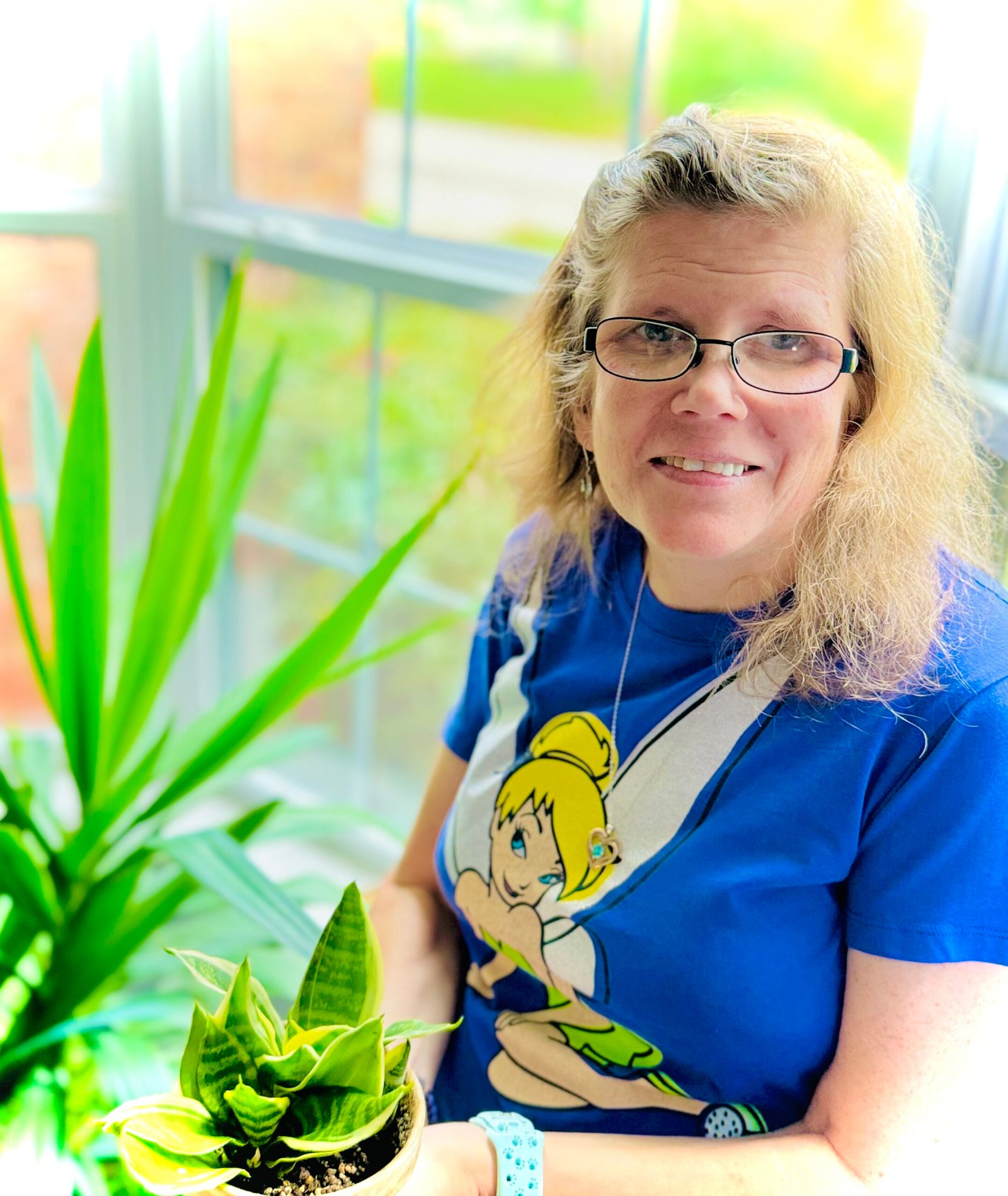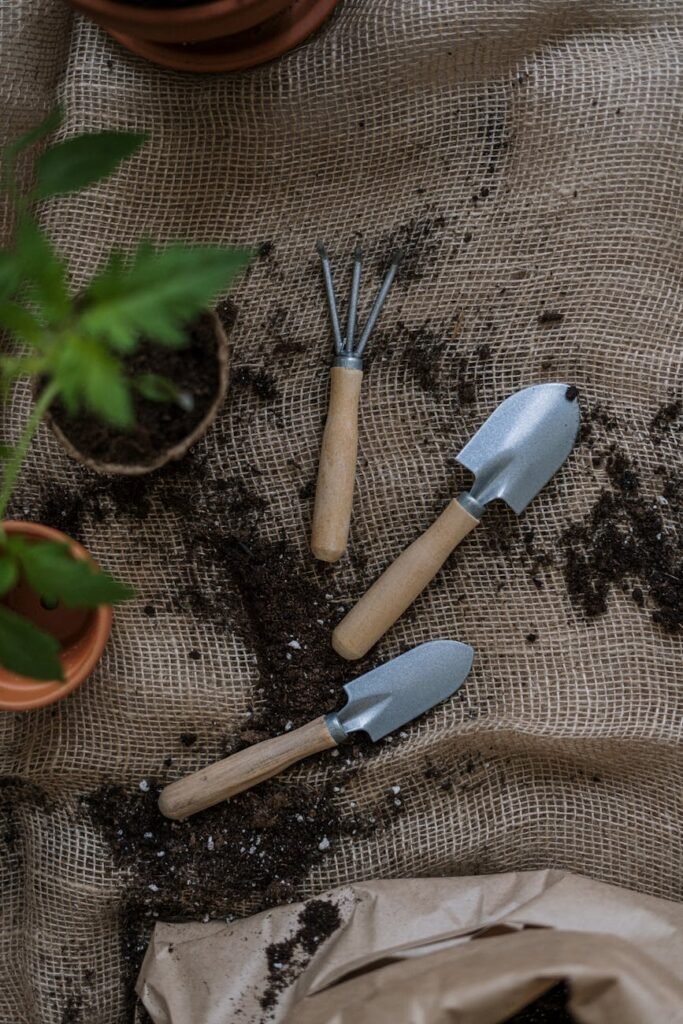Understanding Organic Gardening
Jumping into organic gardening isn’t just about growing plants; it’s about nurturing your soul and the planet. By adopting organic gardening practices, you get closer to nature and your food.
The Four Pillars of Organic Agriculture
Organic gardening stands on four main pillars: Health, Ecology, Fairness, and Care. These guide us to garden sustainably and holistically.
Health: Organic farming aims to boost the health of soil, plants, animals, humans, and the planet. It highlights the connection between all living things and promotes soil-nourishing practices, leading to healthier plants and people.
Ecology: By mimicking natural systems, we create gardens that work with the environment. This means using biodiversity, crop rotation, and composting to reduce our footprint (IFOAM – Organics International).
Fairness: Organic gardening fosters relationships that ensure fairness in our environment and life opportunities (IFOAM – Organics International). It promotes equity and respect for all beings, fair treatment of workers, and equal access to resources.
Care: Responsible management is key to protecting the health of current and future generations. This means taking preventive measures and using sustainable techniques to minimize harm (IFOAM – Organics International).

Why Go Organic?
Organic gardening brings a bunch of benefits that go beyond just your garden.
Better Soil: Organic gardening feeds the soil, not just the plants. Adding compost and organic matter improves soil structure, fertility, and microbial activity, leading to healthier plants.
More Biodiversity: A diverse garden with various plants and wildlife creates a balanced ecosystem. This natural diversity can reduce pests and diseases without harmful chemicals.
Sustainable Practices: Organic gardening follows the reduce, reuse, and recycle mantra. Using resources sustainably helps minimize our environmental footprint and protects the planet for future generations.
No Chemicals: Avoiding synthetic fertilizers and pesticides keeps harmful chemicals away from us, our families, and the environment. This results in safer, healthier food and a cleaner garden.
Mindful Living: Organic gardening encourages us to slow down and be present, fostering a deeper connection with nature and our food. This mindful approach can reduce stress and improve overall well-being.
By embracing these principles and benefits, we can create a sustainable, harmonious garden that nourishes both body and mind. For more on integrating mindfulness into your gardening, check out our article on mindful gardening.
Principles of Organic Gardening
Organic gardening isn’t just about growing plants; it’s a way of life that connects us with nature and promotes sustainable, healthy living. Let’s dig into the core principles that guide our organic gardening practices.
Health of Soil and Plants
Healthy soil means healthy plants. According to the Principle of Health in organic farming:
“Organic agriculture should sustain and enhance the health of soil, plant, animal, human, and planet as one and indivisible.”
We focus on feeding the soil, not just the plants. Healthy soil is packed with microorganisms that break down organic matter, releasing nutrients plants need to thrive. Using compost, green manures, and organic mulches builds nutrient-rich soil that supports strong plant growth. For more tips on building healthy soil, check out our section on building healthy soil.
Ecology and Biodiversity
The Principle of Ecology emphasizes working with nature, not against it, to create a balanced ecosystem.
Promoting biodiversity in our gardens is key. By planting a variety of species, we attract beneficial insects, birds, and other wildlife that help control pests and pollinate plants. Incorporating native plants, creating habitats like ponds or hedgerows, and practicing crop rotation are all strategies to enhance biodiversity. Learn more about how to encourage biodiversity in our section on encouraging biodiversity.

Fairness and Relationships
Organic gardening also embodies the Principle of Fairness, which is about building relationships that ensure fairness with regard to the common environment and life opportunities.
We can practice fairness by supporting local communities, sharing our gardening knowledge, and ensuring that our methods do not harm the environment. This might include using heirloom seeds, supporting local organic farmers, and engaging in community gardening projects. For more on conscious food growing, visit our article on conscious food growing.
Precautionary Care
The Principle of Care emphasizes managing organic gardening in a careful and responsible manner. This principle is about protecting the health and well-being of current and future generations and the environment.
Precautionary care involves using resources wisely and avoiding harmful chemicals. We can achieve this by using natural pest control methods, conserving water through efficient irrigation systems, and reducing waste by recycling and composting. For tips on avoiding harmful chemicals, read our section on harmful chemical avoidance.
By sticking to these principles, we can create a garden that not only provides us with delicious, nutritious food but also contributes to the health of our planet. Embrace the magic of organic gardening practices and enjoy the journey from seed to plate.
- USDA Certified Organic by Oregon Tilth
- 10 culinary herbs packed fresh for the current and following year
- Varities by common (Scentific name) format: thyme (Thymus vulgaris), italian oregano (Oreganium vulgare), caribe cilantr…

- Control fungus and disease in your garden with Captain Jack’s ready-to-use Liquid Copper Fungicide!
- Approved for organic gardening, this fungicide is suitable for the production of organic produce and can even be used up…
- Copper Fungicide effective in the control and prevention of a wide range of plant diseases. Listed common garden disease…

Tips for Successful Organic Gardening
Starting an organic garden is like making friends with nature. Here are some down-to-earth tips to help your garden flourish.
Building Healthy Soil
Good soil is the heart of organic gardening. Think of it as the foundation for everything you grow. Instead of just feeding your plants, focus on feeding the soil. This way, your flowers, fruits, and veggies will thrive.
To build healthy soil, try these:
- Add organic matter: Mix in compost, leaf mold, and well-rotted manure to boost soil structure and fertility.
- Practice crop rotation: Change up what you plant each year to keep the soil rich and pests at bay.
- Use cover crops: Plant things like legumes or clover to add nitrogen and organic matter back into the soil.
Encouraging Biodiversity
A diverse garden is a happy garden. By mixing things up, you create a natural balance that keeps pests in check and plants healthy.
Ways to boost biodiversity:
- Plant variety: Grow different types of plants to attract helpful insects and pollinators.
- Create habitats: Add birdhouses, insect hotels, and water features to invite wildlife.
- Use companion planting: Pair plants that help each other grow and keep pests away.
Sustainable Resource Use
Being kind to the planet is a big part of organic gardening. Use resources wisely to keep your garden green and sustainable.
Here’s how:
- Reduce, reuse, recycle: Apply these principles in your gardening habits.
- Water wisely: Use drip irrigation, soaker hoses, and rain barrels to save water.
- Mulch: Spread organic mulch to keep soil moist, block weeds, and enrich the soil.
Avoiding Harmful Chemicals
Ditching synthetic chemicals is key in organic gardening. They can harm soil health and make plants dependent on them.
To keep it natural:
- Use organic fertilizers: Stick to compost, manure, and other natural fertilizers.
- Practice natural pest control: Rely on beneficial insects, neem oil, and homemade sprays to tackle pests.
- Weed management: Hand-pull weeds, use mulch, and rotate crops to keep weeds under control without chemicals.
For more tips on mindful gardening, check out our articles on mindful gardening and garden-to-table mindfulness.
By weaving these tips into your gardening routine, you’ll grow a healthy, sustainable garden that’s good for you and the planet.

My name is Michelle Warren, and I’m the founder of Peaceful Gardening. As a 10-year breast cancer survivor, I’ve discovered the profound therapeutic power of gardening. This journey has not only helped me recover but has also become my passion and a source of ongoing peace and joy.
Peaceful Gardening was born from my desire to share the healing benefits of gardening with others. Whether you’re facing health challenges, dealing with stress, or simply looking to connect more deeply with nature, this space is for you.
Over the past decade, I’ve cultivated not just plants, but a deep understanding of how gardening can positively impact mental health. I’ve worked with local community gardens, led workshops on mindful gardening practices, and collaborated with mental health professionals to develop gardening-based stress reduction programs.
Peaceful Gardening was born from my desire to share the healing benefits of gardening with others. Whether you’re facing health challenges, dealing with stress, or simply looking to connect more deeply with nature, this space is for you.
Here, you’ll find evidence-based advice on using gardening as a tool for mindfulness, stress relief, and emotional healing. I share personal stories, practical tips, and scientifically-backed information on how to create your own therapeutic garden space, no matter the size of your yard or balcony.
My mission is to help you discover the joy, peace, and healing that comes from nurturing plants and connecting with nature. Join me in exploring how the simple act of tending to a garden can transform your mental and emotional wellbeing.
Welcome to Peaceful Gardening – let’s grow together towards better mental health!”





